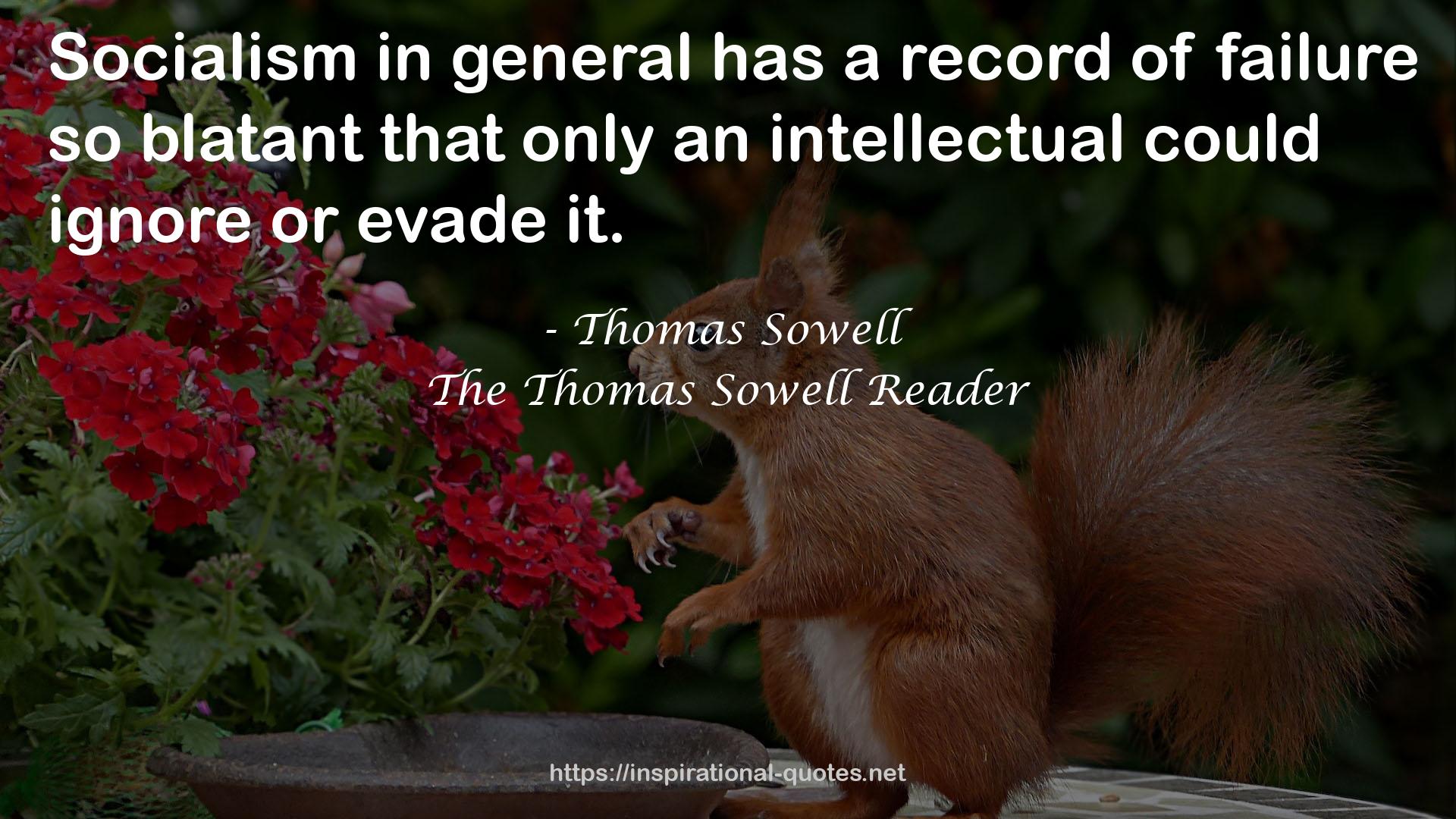7
" A very distinct pattern has emerged repeatedly when policies favored by the anointed turn out to fail. This pattern typically has four stages: STAGE 1. THE “CRISIS”: Some situation exists, whose negative aspects the anointed propose to eliminate. Such a situation is routinely characterized as a “crisis,” even though all human situations have negative aspects, and even though evidence is seldom asked or given to show how the situation at hand is either uniquely bad or threatening to get worse. Sometimes the situation described as a “crisis” has in fact already been getting better for years. STAGE 2. THE “SOLUTION”: Policies to end the “crisis” are advocated by the anointed, who say that these policies will lead to beneficial result A. Critics say that these policies will lead to detrimental result Z. The anointed dismiss these latter claims as absurd and “simplistic,” if not dishonest. STAGE 3. THE RESULTS: The policies are instituted and lead to detrimental result Z. STAGE 4. THE RESPONSE: Those who attribute detrimental result Z to the policies instituted are dismissed as “simplistic” for ignoring the “complexities” involved, as “many factors” went into determining the outcome. The burden of proof is put on the critics to demonstrate to a certainty that these policies alone were the only possible cause of the worsening that occurred. No burden of proof whatever is put on those who had so confidently predicted improvement. Indeed, it is often asserted that things would have been even worse, were it not for the wonderful programs that mitigated the inevitable damage from other factors. Examples of this pattern are all too abundant. Three will be considered here. The first and most general involves the set of social welfare policies called “the war on poverty” during the administration of President Lyndon B. Johnson, but continuing under other labels since then. Next is the policy of introducing “sex education” into the public schools, as a means of reducing teenage pregnancy and venereal diseases. The third example will be policies designed to reduce crime by adopting a less punitive approach, being more concerned with preventive social policies beforehand and rehabilitation afterwards, as well as showing more concern with the legal rights of defendants in criminal cases. "
― Thomas Sowell , The Thomas Sowell Reader
13
" 1:THE “CRISIS”: Although Chief Judge Bazelon said in 1960 that “we desperately need all the help we can get from modern behavioral scientists”69 in dealing with the criminal law, the cold facts suggest no such desperation or crisis. Since the most reliable long-term crime data are on murder, what was the murder rate at that point? The number of murders committed in the United States in 1960 was less than in 1950, 1940, or 1930—even though the population was growing over those decades and murders in the two new states of Hawaii and Alaska were counted in the national statistics for the first time in 1960.70 The murder rate, in proportion to population, was in 1960 just under half of what it had been in 1934.71 As Judge Bazelon saw the criminal justice system in 1960, the problem was not with “the so-called criminal population”72 but with society, whose “need to punish” was a “primitive urge” that was “highly irrational”73—indeed, a “deep childish fear that with any reduction of punishment, multitudes would run amuck.”74 It was this “vindictiveness,” this “irrationality” of “notions and practices regarding punishment”75 that had to be corrected. The criminal “is like us, only somewhat weaker,” according to Judge Bazelon, and “needs help if he is going to bring out the good in himself and restrain the bad.”76 Society is indeed guilty of “creating this special class of human beings,” by its “social failure” for which “the criminal serves as a scapegoat.”77 Punishment is itself a “dehumanizing process” and a “social branding” which only promotes more crime.78 Since criminals “have a special problem and need special help,” Judge Bazelon argued for “psychiatric treatment” with “new, more sophisticated techniques” and asked: Would it really be the end of the world if all jails were turned into hospitals or rehabilitation centers?79 "
― Thomas Sowell , The Thomas Sowell Reader

